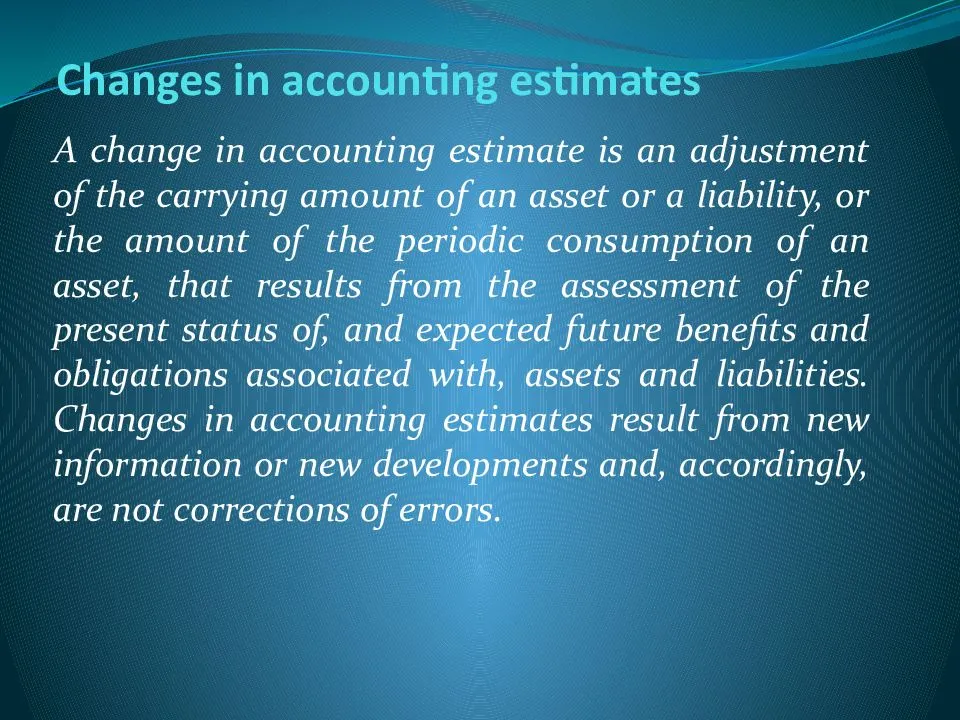http://kaminakapow.com/wp-json/oembed/1.0/embed?url=http://kaminakapow.com/contactoriginal/ 
Trust accounting must be done correctly in order for law firms to stay compliant. Every law firm has a responsibility to stay compliant with ethics regulations and, while ethics rules vary in each jurisdiction, there are some basic commonalities when it comes to accounting for law firms. Whether intentional or through neglect, violating compliance regulations, such as mishandling client funds, can lead to serious repercussions like significant financial penalties, suspension of your license, or disbarment.
InvoiceSherpa: For automating payment reminders
An attorney might have to manage the performance of a trust fund or estate or make disbursements from a client’s fund (for example, to pay for third-party professional services or medical care). As a result, they are required to open dedicated trust accounts and are subject to strict accounting rules to ensure proper safeguarding of clients’ money and assets. This gives you the best of both worlds while making your law firm’s comprehensive accounting situation easier to manage. In other industries, it is allowed to keep clients’ prepayments in your operating account and use the money to fund client projects. But legal bookkeeping and accounting in law firms are different than for other businesses. Your client trust accounts are required to keep separate from your business accounts.
Download the Law Firm Financial Management Guide
The firm could face compliance issues, and their books will be inaccurate (skewing the value of any accounting data derived from them). Whether intentional or through neglect, violations of compliance regulations—like mishandling client https://www.accountingcoaching.online/how-to-prepare-financial-statements/ funds—can lead to serious repercussions. Without proper attorney bookkeeping, it’s impossible to track what money is coming (and leaving your firm). This can cause serious issues and stunt your firm’s growth (more on that later).

Accounting for Lawyers: 4 Basics You Need To Know

In the 2023 proxy season, accounting flaws and result reinstatements grew 150%. One key finding of the report that stands out is that these companies – many in the IPO stages – lacked strong internal controls. To offset this risk, it’s important to monitor your accounts receivable (AR) and accounts payable (AP) carefully. Now you cross off law bookkeeping out of your to-do list and feel stress-free about the financial aspect.
The most common mistakes are putting funds in the wrong account, accidentally or intentionally withdrawing funds, fail to report monthly, and so on. Poor management of trust accounts can lead to penalties, suspension, or even losing the right to practice law. While you spend many years honing your expertise and experience to become a professional attorney and run your law firm, you didn’t learn about bookkeeping and accounting for law firms. And even you have an overview of what is bookkeeping and accounting, you wouldn’t know what involve when it comes to bookkeeping and accounting for law firms. When choosing an accountant for your law firm, it’s important to understand what to look for in a legal accountant and ask the right questions to ensure they are the right fit for your firm’s financial needs.
Demystify Accounting for Lawyers With Four Fundamentals
To open any business bank account, your practice needs to be registered with the state in which you are operating, have a registered business name, and have an Employer Identification Number (EIN). Before meeting with a bank representative, call ahead and ask what paperwork you need to bring to your initial appointment. Continuing with the theme of setting yourself up for success from what is document day one, make sure that you take advantage of software’s ability to streamline your accounting processes as soon as possible. In addition, you may need to use clients’ funds on their behalf, in which case you must provide detailed reports about your activities to remain in compliance. You also need to understand your responsibilities regarding employment tax and employment law fully.
- With cash basis accounting, revenue is money in the bank, and expenses are reductions to your cash balance.
- Consistent and accurate bookkeeping tasks should be carried out according to a set schedule, whether daily, weekly, or monthly.
- Understanding key accounting terms is essential for law firms to effectively manage their finances.
- Some states oblige law firms to use IOLTAs in certain situations, so check with your state bar association for rules for your firm.
Cash accounting makes it easy to ascertain when a transaction has occurred from your financial statements. It may still be necessary to track receivables or payables for informational purposes, but they will not appear on your financial statements. With cash basis accounting, revenue is money in the bank, and expenses are reductions to your cash balance. Trust accounts are one of the most common areas where legal accounting mistakes are made.
One of the most important ways of doing this is to develop an organized bookkeeping system as soon as possible. The cash flow statement tracks how much cash entered—and how much cash left—your firm over a specific period. A business savings account is a good place to store money you’re setting aside for taxes and unforeseen emergencies. You can go with an accrual or cash accounting method in the US, and the difference is mostly about timing. While this primarily applies to new law firms, ensuring that the basics are determined and set up correctly is critical.
Eligibility is determined by a prospective learner’s email address, ending in .org, .gov, .mil, or .edu. Interested learners can apply below for the discount and, if eligible, will receive a promo code to enter when completing https://www.adprun.net/ payment information to enroll in a Harvard Online program. Taught by Harvard Law School faculty, this Harvard Online course helps attorneys navigate financial situations to increase profitability and minimize risk.
She added that this can lead to companies unintentionally failing to properly report that unclaimed property. Many accountants and attorneys who go into private practice struggle until they build a client base, but they can be earning a six-figure salary within the first year. Attorneys require a broad base of skills that can depend on the specialty that they enter. Corporate law necessitates long hours, demanding job duties, and a tireless work ethic. Trial lawyers must be eloquent, persuasive, and able to think on their feet. You should have a keen understanding of various cultures and speak multiple languages if you want to practice international law.
Employing a mileage tracker app can ensure that you and your employees are reimbursed for all of your business mileage. Many platforms can run in the background on your phone and start and stop trips automatically based on the movement of your phone. You can classify trips as business or personal later on and add client information. They can also be used to calculate tax deductions, control mileage costs, and plan for future expenses. If you have never seen your general ledger or don’t look at it very often, it is time to change that.

“One of the best practices of a company to keep their payroll clean is to be tracking it when those checks become stale-dated,” Bucholtz said. She additionally advised businesses to never reissue an uncashed check without first confirming the need and details with the employee, as just reissuing stale checks is not a valid defense in audits. Different legal accounting software options have different features, but that doesn’t mean that you necessarily need every single feature available.
Failure to maintain accurate financial records can lead to legal and ethical consequences. Law firm accounting software like MyCase, offers law practice management and accounting features in a single package, so all critical accounting information is current, compliant, and audit-ready. With an all-contained law firm bookkeeping and accounting system, users can enjoy having all their financial data in one place—reducing the risk of critical errors.
